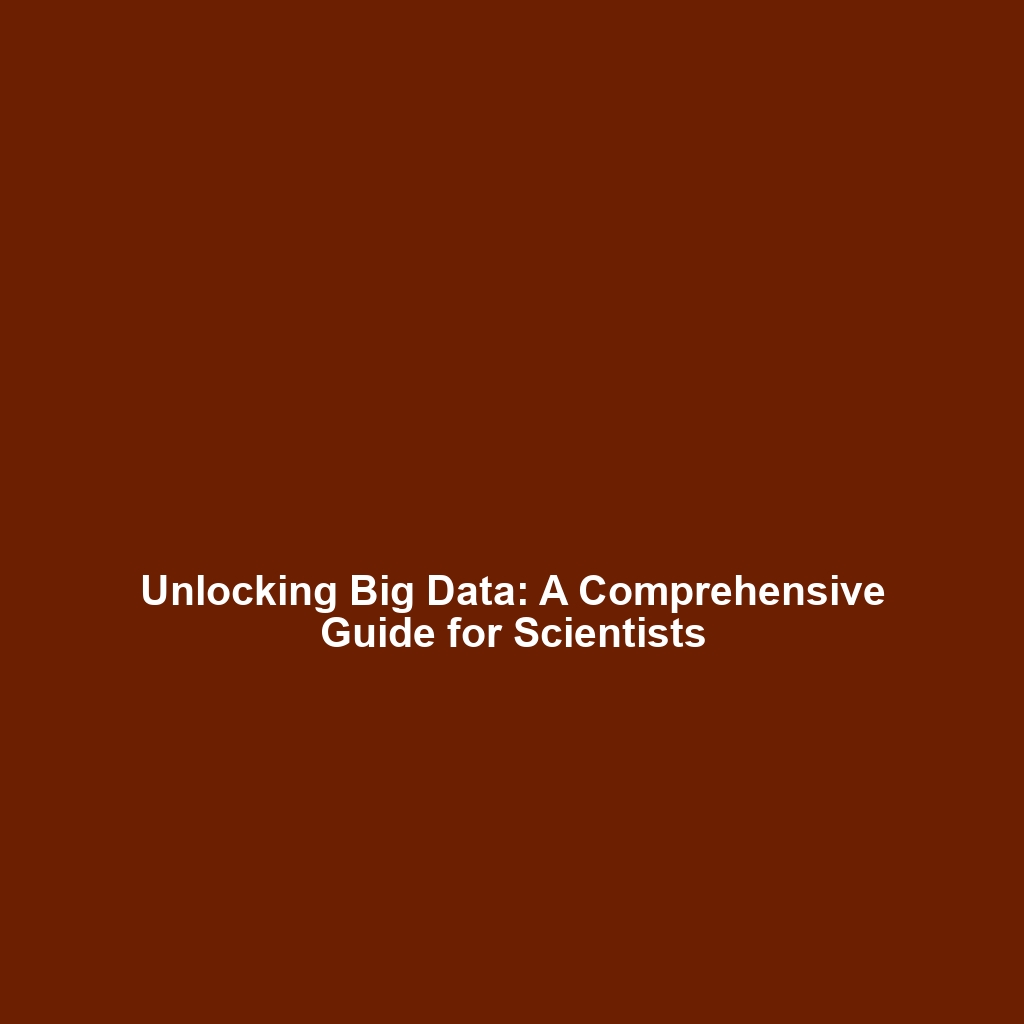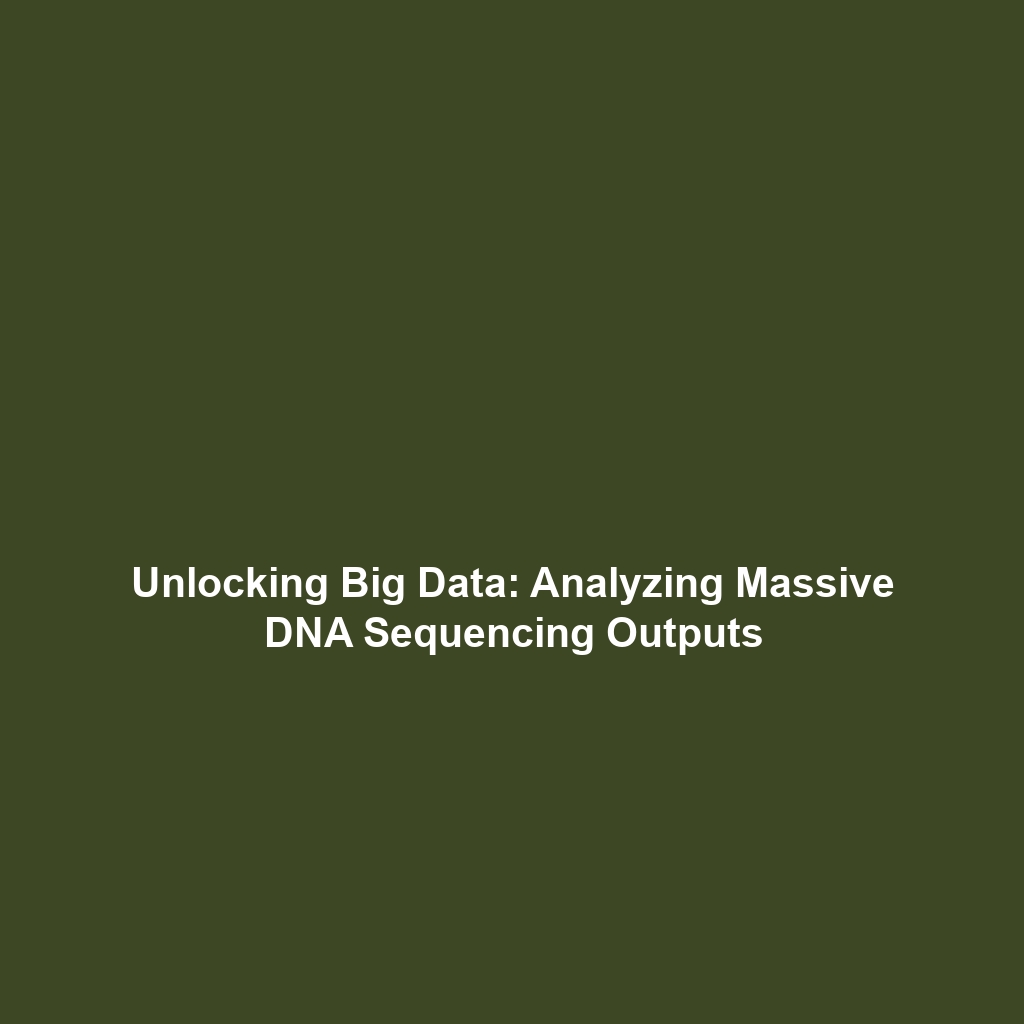Introduction to AI in Healthcare
Artificial Intelligence (AI) is revolutionizing healthcare by enhancing diagnostic accuracy, personalizing treatment plans, and streamlining operational efficiency. As healthcare systems around the globe grapple with rising costs and a demand for improved patient outcomes, AI serves as a crucial innovative ally. The significance of AI in healthcare extends beyond mere technological advancement; it represents a paradigm shift towards a more data-driven, patient-centered approach. In this article, we will explore the fundamental concepts of AI in healthcare, its applications, challenges, and future directions.
Key Concepts
Understanding the introduction to AI in healthcare necessitates familiarity with several key concepts:
- Machine Learning: A subset of AI that enables systems to learn from data patterns.
- Natural Language Processing (NLP): Allows computers to understand and interpret human language, streamlining patient interactions.
- Predictive Analytics: Employs statistical algorithms to predict health events, empowering preventive measures.
- Robotics and Automation: Enhances surgical precision and efficiency in hospital workflows.
Applications and Real-World Uses
The applications of AI in healthcare are vast and impactful. Here are several noteworthy examples:
- Diagnostic Imaging: AI algorithms analyze medical images, improving early detection of diseases like cancer.
- Personalized Medicine: AI helps tailor treatments based on individual patient profiles and genetic information.
- Virtual Health Assistants: Chatbots provide 24/7 patient support, aiding diagnosis and symptom assessment.
- Operational Efficiency: AI optimizes hospital scheduling, resource allocation, and patient flow management.
Current Challenges
Despite its potential, the introduction of AI in healthcare faces several challenges:
- Data Privacy Concerns: Ensuring patient data security is paramount amidst increasing cyber threats.
- Integration with Existing Systems: Merging AI solutions with traditional healthcare infrastructures can be complex.
- Ethical Considerations: Bias in AI algorithms may lead to unequal treatment options.
- Regulatory Hurdles: Compliance with healthcare regulations can stifle innovation and slow adoption.
Future Research and Innovations
Looking ahead, research in AI is likely to unveil groundbreaking innovations that could transform healthcare:
- Advanced Predictive Tools: Next-generation predictive analytics could further refine preventive healthcare strategies.
- Genomic Data Integration: AI will enable more comprehensive analyses of genomic data for personalized therapies.
- Telemedicine Enhancements: AI will continue to improve telehealth solutions, making care more accessible.
Conclusion
In summary, the introduction to AI in healthcare highlights its potential to change the landscape of patient care and operational efficiency. While there are challenges to address, ongoing research and innovations promise to drive significant advancements. For healthcare professionals, policymakers, and technologists alike, fostering an environment of collaboration and regulation is crucial. To learn more about specific applications, visit our applications of AI in healthcare page or explore advancements in future trends of AI.

